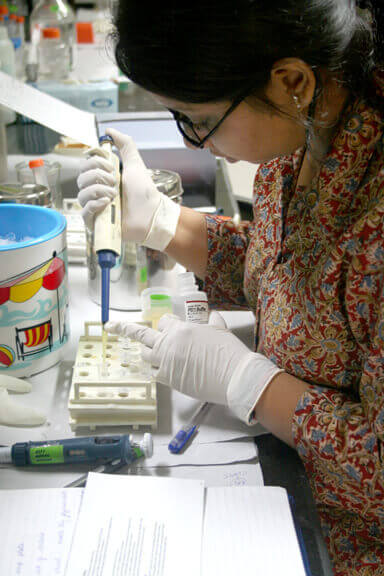Nick TaylorGHTC
Nick Taylor is a senior program assistant at GHTC, where he supports GHTS communications and member engagement activities.
Center for Global Development (CGD), a Washington DC-based think-tank that works to reduce global poverty and inequality through research, officially released
its newest report on global health earlier this week. The launch brought together
donors, academics, public health officials, and representatives from the pharmaceutical industry to continue an important conversation about improving
one of the biggest challenges in global health: bringing the best health tools that research has to offer to the people who need them most through
improved regulatory pathways.
The report, called Safer, Faster, Cheaper: Improving Clinical Trials and Regulatory Pathways to Fight Neglected Disease, outlines a two-pronged approach—establishing regional regulatory pathways for the oversight of clinical trials, and building quality and cost-efficiency into trial planning and design. The report was the product of a working group that included representatives from donor groups, philanthropy groups, product development partnerships (PDPs), consulting firms, the pharmaceutical industry, government, researchers, and developing and developed country regulators.

Working group chair Tom Bollyky from the Center on Foreign Relations noted that navigating through even a single regulatory pathway can often be the most challenging part of bringing new products to market. Yet, many global health product developers find themselves needing to navigate not one but several regulatory pathways, often overseen by authorities with severely limited capacity, making the process seem insurmountable. According to the working group, a unified approach to approving and overseeing clinical trials could dramatically speed up product development and delivery. CGD’s report proposes “a centralized procedure model in which participating regulatory bodies and ethics committees jointly approve and oversee clinical trials for neglected disease technologies.”
Additionally, the working group proposed that changes be made with clinical trials themselves—specifically the way they are organized and financed. Clinical trials are often modeled off of previous, successful clinical trials, most of which occur in wealthy countries. As a result, trial protocols have become extremely complex and expensive to carry out, putting them out of reach for developing countries where, too often, resources are sparse. Further, the working group recommends more input from local investigators and independent stakeholders early on in the clinical trial design.
Food and Drug Administration (FDA) Commissioner Margaret Hamburg highlighted the need for new ideas and processes to advance global health technologies and regulatory pathways in her keynote address. In speaking of the FDA’s interest in the new report, she told that audience that failing to address the needs of the developing world’s health concerns undermines the health, security, and wellbeing of us all. She added that now, more than ever, global diseases need global solutions.